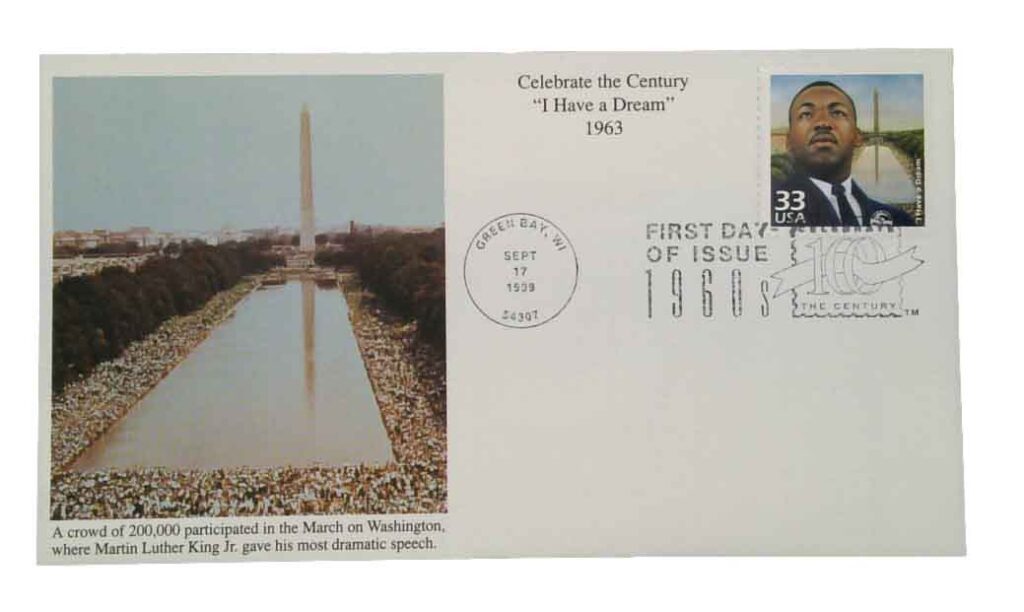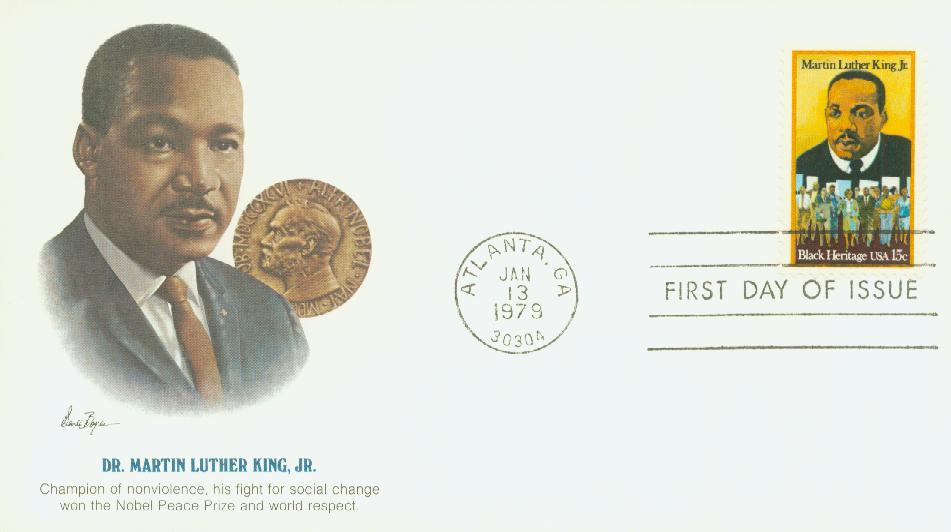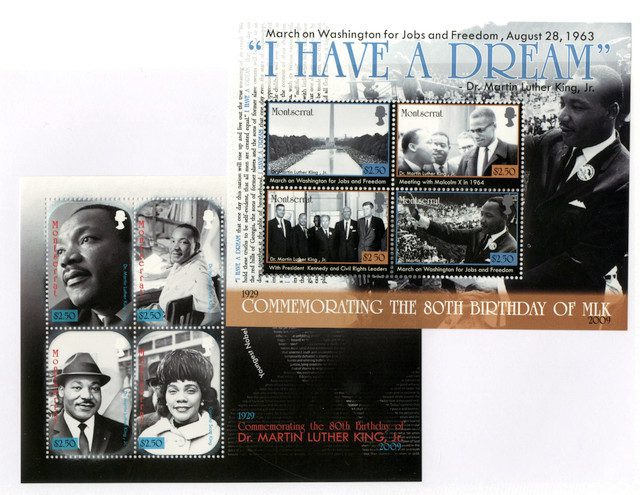On January 20, 1986, Martin Luther King Jr. Day was first observed as a federal holiday after a decades-long battle.
Calls for a holiday honoring King began just four days after his death in 1968 at the age of just 39 years old. US Representative John Conyers and US Senator Edward Brooke submitted a bill calling on Congress to declare his birthday a national holiday.
Conyers’ bill received little support, but in the coming years, he continued to introduce it again and again. Each time he would get a few more co-sponsors to sign on, gaining much-needed support. He also enlisted the aid of the Congressional Black Caucus (CBC).
Despite the growing support for the bill, some strongly opposed it. One argument was that it would be too expensive to grant a paid holiday for federal workers. Others also argued that it would break with tradition to honor a private citizen, as other memorial holidays honored people that had held public office.
The early 80s brought a tide positive support for the bill. By that time, the CBC collected six million signatures from Americans that supported the federal holiday honoring King. Then in 1980, Stevie Wonder wrote the song, “Happy Birthday” to bring greater attention to the campaign for a King holiday. Wonder also held a Rally for Peace Press Conference in 1981 to further the cause.
Then in 1983, a group of Civil Rights Movement veterans assembled in Washington, DC to honor the 20th anniversary of the March on Washington and the 15th anniversary of King’s death. The event helped the campaign gain major traction. That year the legislation made it to the Senate floor, where it was filibustered by Jesse Helms. Helms tried to introduce information from the FBI they had used to try to identify King as a communist. This led to major tension in the Senate, during which Senator Daniel Patrick Moynihan called the files a “packet of filth” and threw them on the floor in disgust.
After that, the bill easily passed and was signed into law by President Ronald Reagan on November 2, 1983. The first official federal celebration of Martin Luther King Jr. Day was held on January 20, 1986. The events that year included a concert headlined by Stevie Wonder.
While MLK Day was declared a federal holiday, the states still had the right to choose to observe at the state level. Many southern states combined the holiday with those honoring Robert E. Lee, whose birthday was January 19. It wasn’t until 2000 that every state observed Martin Luther King Jr. Day.
Click here for more stamps and coins honoring Dr. King.
| FREE printable This Day in History album pages Download a PDF of today’s article. Get a binder or other supplies to create your This Day in History album. |
Click here to see what else happened on This Day in History.





